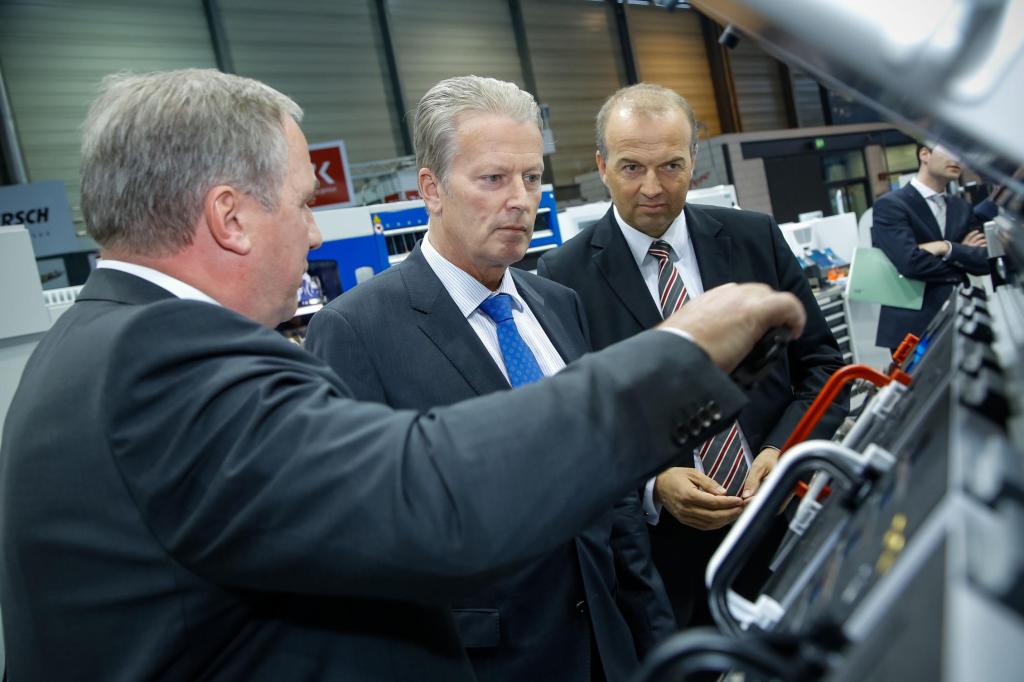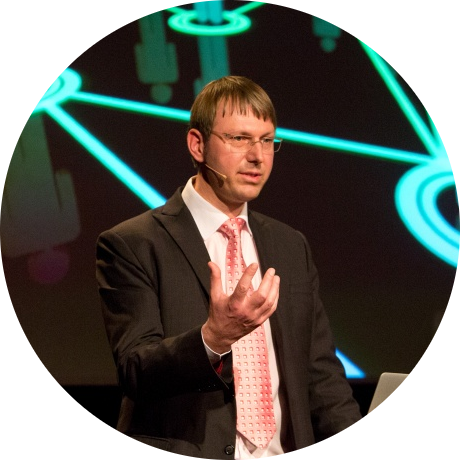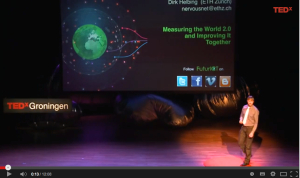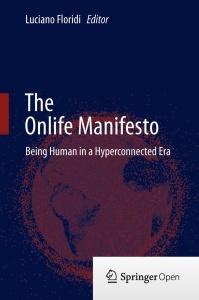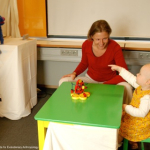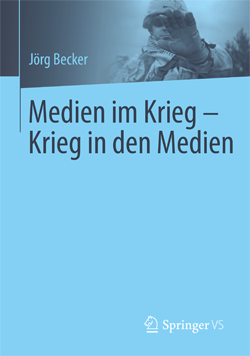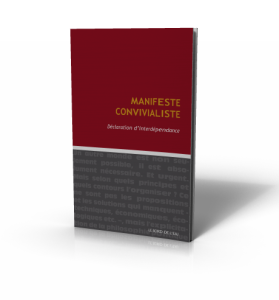Two decades ago a high level expert group (HLEG) was formed at the EU. Chairman was Luc Soete. Among the members was Manuel Castells (who had to decline the invitation to our Summit). The task was to write a report on the social aspects of the information society. In 1997 the report was ready. The title was: “Building the European information society for us all“. On page 16 they wrote:
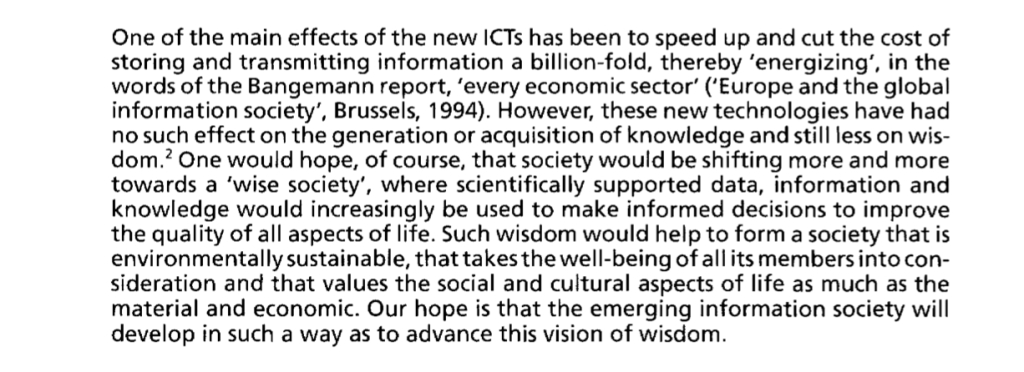
Did we make any advances since? Isn’t that message as topical as it was when published? Don’t we face technological rationality along with social irrationalities that are the causes for war, terrorism, surveillance, racism, and so on – just in our time?
Gunilla Bradley, Professor Emerita of Informatics at the Stockholm Royal Institute of Technology, takes up the notion of “wisdom” and elaborates on the prerequisites of a “wise society“. She is just finalising her new book “Towards Wisdom in the ICT society“. Co-author is Diane Whitehouse, chair of IFIP’s (International Federation for Information Systems) ICT and Society technical committee (TC 9).
Gunilla Bradley will talk to us on 4 June 2015. By doing so, she addresses the core concern of our Summit.
The core concern of our Summit is to deliberate on how to enable our societies to reorganise themselves so as to master the global challenges and follow a sustainable path of development through proper cognitive, communicative and co-operative activities (which all are information processes) supported by ICTs.
In terms of wisdom and being wise, the core concern can be framed as follows: An information society, a communication society, a knowledge society, needs to be a wise society. Gunilla Bradley says, “the ICT society should serve the human needs. And what we are in urgent need of today is just living together in harmony and peace without focusing exclusively on our own selves. That’s actually wisdom. Structures, human development, and dialogue are golden keys for action.”

Gunilla Bradley’s talk will perfectly well connect with the sociological discussion of conviviality on the same day.

